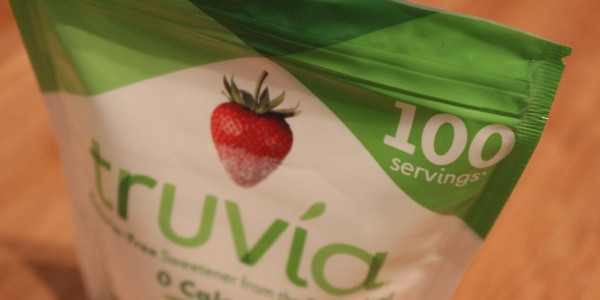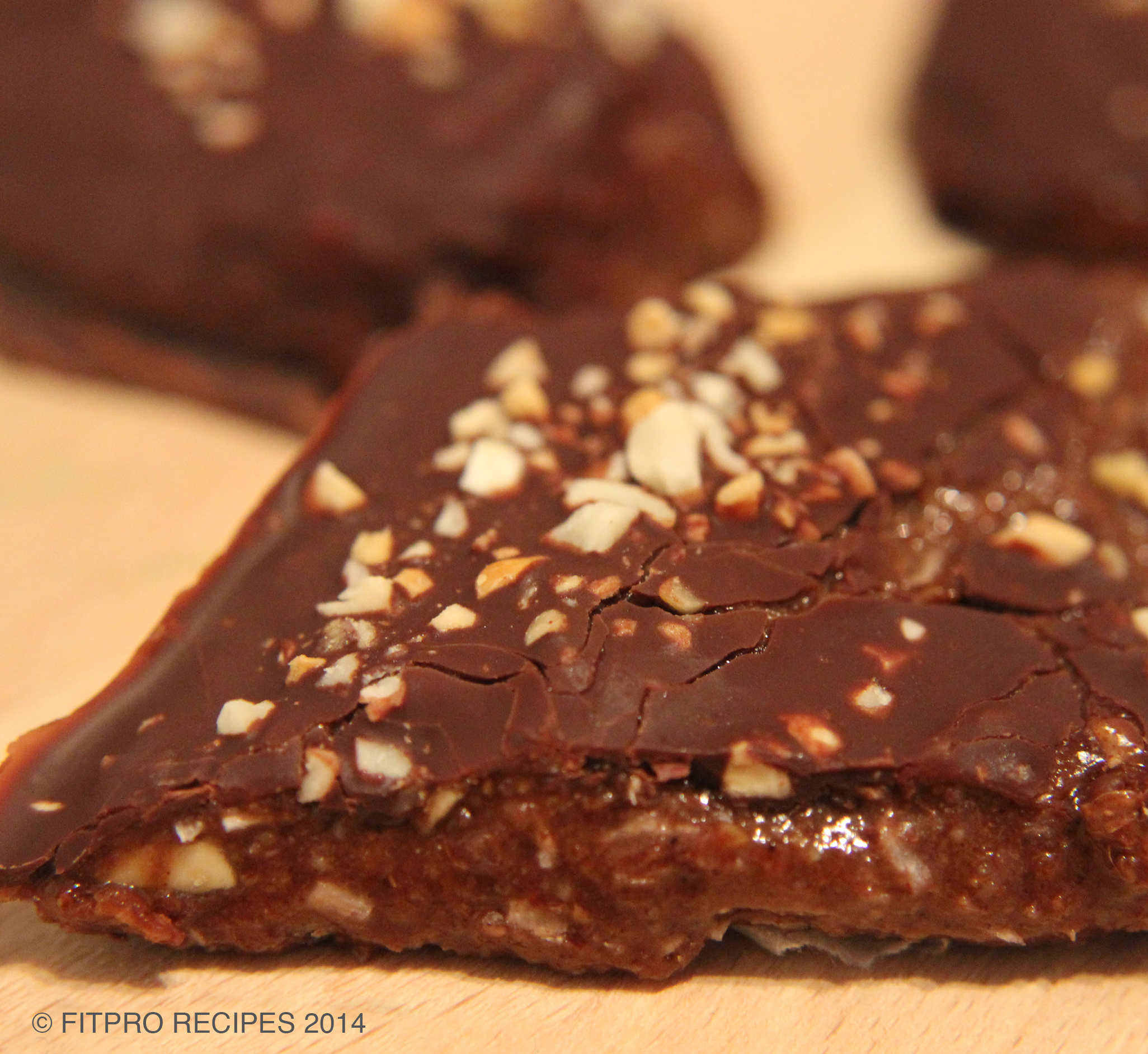There’s an awful lot of negativity in the media about sugar at the moment. The media are pretty good at getting people emotional about topics (or are people just good at getting emotional?)
This “emotional knowledge” causes many people to label things as “bad” or “good”.
Remember eggs in the 1980’s? People are still scared to eat eggs because they contain cholesterol. Are people now freaking out about sugar? From what we’ve seen – YES!
Recently, a US-UK campaign group called ‘Action on Sugar’ was launched, in a bid to make big firms reduce the levels of sugar in their food. And if you carefully study the labels on any processed food, you will see that even the products branded ‘healthy’ or ‘low fat’ often contain a surprising amount of sugar.
As with most topics related to health and fitness, there are two sides to the story. Let’s look at both sides, think, and synthesise.
This is probably a good time to remind ourselves that the most significant factor in weight loss is calories. Following on from that statement, in theory we could have a calorie deficit with a large percentage of the diet coming from table sugar and still lose weight (a bit silly I know).
This would obviously not be ideal from a health perspective, nor from a “trying to concentrate and stay awake at my desk after a sugary lunch-time snack energy crash” (blood sugar regulation) perspective.
Too much of anything is a bad thing (apart from love?) and we don’t need study to tell us that. But there are clearly people who consume unhealthy amounts of sugar and food in general. It’s fair to say that there are also people who don’t overeat in terms of total calories, but the calories in their diet are nutritionally devoid – meaning they are lacking vitamins, minerals and fibre.
Studies show that adults consume, on average, 30 teaspoons of sugar per day (1), although the recommended guideline for sugar consumption is 10 (now reduced to 6) (US Department of Agriculture and the World Health Organisation)
Studies have also revealed that people are consuming more sugar than ever before (2).
We have also lowered our fat intake (3), perhaps believing that it is fat that was making us fat. Although, ironically, it is the consumption of fats and proteins which give us a feeling of satiety, rather than sugar, which is not an essential nutrient.
If you want to test this out for yourself, eat a 4 finger KitKat (233kcal) for breakfast and see how long it takes before you feel hungry. Then repeat the experiment with a juicy chicken thigh (170-210kcal). I know which one leaves me feeling more satisfied.
Could it be that eating sugar causes people to crave more food and then overeat? I know that for me this was true. Reducing my sugar intake put me back in control of my appetite and blood sugar levels.
Is it sugar’s fault?
Many people are now starting to question if it is actually sugar which is the main culprit behind the obesity epidemic.
Interestingly, if you look at scientists who are saying that sugar isn’t a problem, more often than not, you will see that their interests are conflicting. Many scientists who are promoting a “sugar is safe” message are often receiving large payments from food industry giants, such as Coca-Cola and Unilever (companies who profit massively from sugar).
However, it is very important that we do not freak out about sugar.
Yes, it’s found in nearly all processed foods and many health foods such as honey and agave nectar, and it is also present in all fruits.
But does that mean you should avoid all sugars completely?
In most cases, no.
Why?
Because within the huge category that sugar spans, there are a range of (good and bad) food choices (relative to achieving a goal).
If, for example, you decided to cut out all fruit for the rest of your life, you might well miss out on some key nutrients. Plus you might feel deprived.
Consider “junk food” as another example. If you do indulge in the occasional doughnut, it is unlikely that will significantly damage your health. You might as well enjoy it (occasionally).
If you exercise regularly, and eat natural, single ingredient foods most of the time, then the occasional bit of sugar in your diet won’t wreck your health or progress.
There are many sugar alternatives available nowadays. Plant-based sweeteners, such as stevia and xylitol, are often recommended over artificial sweeteners such as aspartame. However, the evidence for and against the safety of any of these sweeteners is still inconclusive.
Something important to consider is that worrying about sugar and sweeteners is not good for your health!
Make your own informed decision about whether or not you consume sweeteners, artificial or otherwise, or whether you decide to consume natural sugars like honey, agave nectar, granulated or refined sugars.
Please do bear in mind that sugar can have negative implications on health. For example, excessive consumption suppresses the immune system (4) and reduces insulin sensitivity (5).
However if we generally lead a healthy lifestyle, eat a balanced varied diet, and enjoy regular exercise, then there really shouldn’t be cause for panic.
Here’s a suggestion you may want to try:
Consider how you feel when you consume sugar or sugar replacements. Compare this to how you feel if you avoid all forms of sugar for a week. Did you notice any positive or negative differences?
You know your body better than anyone, after all. And, bearing in mind that foods can affect people in different ways, you might notice differences which someone else doesn’t.
Here’s another suggestion:
Try to look at sugar and sugar alternatives as a treat rather than a necessity (depending on your goals). This should encourage you to make more sensible food choices overall.
And consider the following…
When we avoid certain foods, there is a risk of forming an unhealthy relationship with food. Therefore it is surely more healthy and practical to focus less on foods we should avoid, and focus more on the great range of wholesome foods we can consume – even if they contain sugar! Anyone fancy a banana?
Sugar During And After Exercise
Sugar is generally tolerated better just after exercise because a healthy body handles sugar differently at this time due to increased insulin sensitivity and increased glucose transporter activity. (6)
However, if you have a very high body fat percentage, then sugar and other carbohydrates may need to be reduced even during and after exercise. If insulin sensitivity is very poor, carbohydrates will not be able to get into muscle cells. The good news is that with regular exercise and reductions in body fat, the body will handle carbohydrates a lot better. (7)
If your goal is to increase your muscle mass or you are training for a particular sport then you can include sugars during and after training and competitions. (8) You may also want to combine carbohydrate and protein in a recovery shake. This will help with protein synthesis and replenishment of glycogen – the body’s carbohydrate stores.
What if you decide that you want to reduce your sugar intake?
Here are some ways to get started…
- Get in the habit of reading food labels. Sugar is synonymous with Sucrose, Fructose, Glucose, Maltose, Dextrose, Maltodextrin, Inverted Syrup, Agave Nectar, Maple Syrup, Honey, Molasses, and many other aliases.
- Modify your favourite recipes. Cooking and baking can be low in sugar or even sugar free and still taste great. Experiment and have fun! There are loads of great recipes online for inspiration.
- Understand that foods labelled ‘low fat’ or marketed as ‘health snacks’ are often higher in sugar than you may think. Therefore, a ‘healthy’ snack bar eaten every day (which contains many natural ingredients but is nevertheless high in sugar), could add in excess of 150g of sugar to your diet every week. It’s likely that continuing down this route may prevent you from getting the results you desire.
- Remember that sugar is generally tolerated better after exercise so this is the best time to consume it. However, as we mentioned before, if you are trying to reduce your body fat percentage, it may be better to reduce your sugar consumption as part of a calorie controlled diet.
We’d like to ask you, what are your views on sugar?
And what suggestions or recommendations do you give your clients about sugar?
We would love to hear your thoughts and comments (just scroll down to the bottom of the page).
Finally, here’s a great recipe we made at the weekend, if you fancy something sweet… minus the guilt!
Ingredients:
20g ground almonds
20g ground hazelnuts
60g chocolate flavour whey protein
30g organic almond butter
30g ground flaxseed
1 tbsp ground cinnamon
30g organic dark chocolate (70% cocoa)
1 tsp chopped hazelnuts for topping (optional)
Serves 6
Per Serving: 178 calories, 5g carbs, 12g fat, 12g protein
Mix all of the ingredients in a bowl – except for the dark chocolate and chopped hazelnuts.
Gradually add small amounts of cold water and mix well until the mixture forms the consistency of a thick paste.
Cover two baking trays with greaseproof paper.
Spoon the mixture in a long thick line onto each tray.
Bring the greaseproof paper up and around the long sides of the mixture, to help it keep its shape. Use several pegs to clip the baking paper together over the bars.
Freeze for 20 minutes or until the bars are firm.
Melt the chocolate slowly over a very low heat, stirring constantly. Remove from heat.
Remove the bars from the freezer. Unclip the pegs, and slowly peel away the greaseproof paper.
Cover the bars with melted chocolate and sprinkle with the hazelnuts, if using.
These bars can be kept in the fridge for up to 3 days or frozen until needed.
If freezing, allow 15 minutes to thaw before consuming.
www.fitprorecipes.co.uk
Like us on facebook
Follow us on twitter
If you are interested in becoming a Fitpro Recipes Affiliate, then please email naomi@fitprorecipes.co.uk for further information
References
1. In 2009, the American Heart Association (AHA) reported Americans were ingesting an average of 111 grams of sugar per day.
2. According to a 2009 study in Circulation, annual sugar intake has increased 19% from 1970 to 2005.
3. The USDA’s Economic Research Service reports that U.S. fat consumption declined from 39.7% in 1977-1978 to 33.4% in 2005-2008. This amazing 6.3% decrease in fat consumption is statistically significant, which means it didn’t happen by accident or by random chance.
4. Sanchez, A., et al. Role of Sugars in Human Neutrophilic Phagocytosis, American Journal of Clinical Nutrition. Nov 1973;261:1180_1184. Bernstein, J., al. Depression of Lymphocyte Transformation Following Oral Glucose Ingestion. American Journal of Clinical Nutrition.1997;30:613
Ringsdorf, W., Cheraskin, E. and Ramsay R. Sucrose, Neutrophilic Phagocytosis and Resistance to Disease, Dental Survey. 1976;52(12):46_48.
5. Beck, Nielsen H., Pedersen O., and Schwartz S. Effects of Diet on the Cellular Insulin Binding and the Insulin Sensitivity in Young Healthy Subjects. Diabetes. 1978;15:289_296.
Sucrose Induces Diabetes in Cat. Federal Protocol. 1974;6(97). diabetes
Reiser, S., et al. Effects of Sugars on Indices on Glucose Tolerance in Humans. American Journal of Clinical Nutrition. 1986;43:151-159.
6. Berardi, J., Andrews., R. The Essentials of Sport and Exercise Nutrition. 2012;148, 361.
7. Berardi, J., Andrews., R. The Essentials of Sport and Exercise Nutrition. 2012;348-9
8. Berardi, J., Andrews., R. The Essentials of Sport and Exercise Nutrition. 2012;348, 371.

